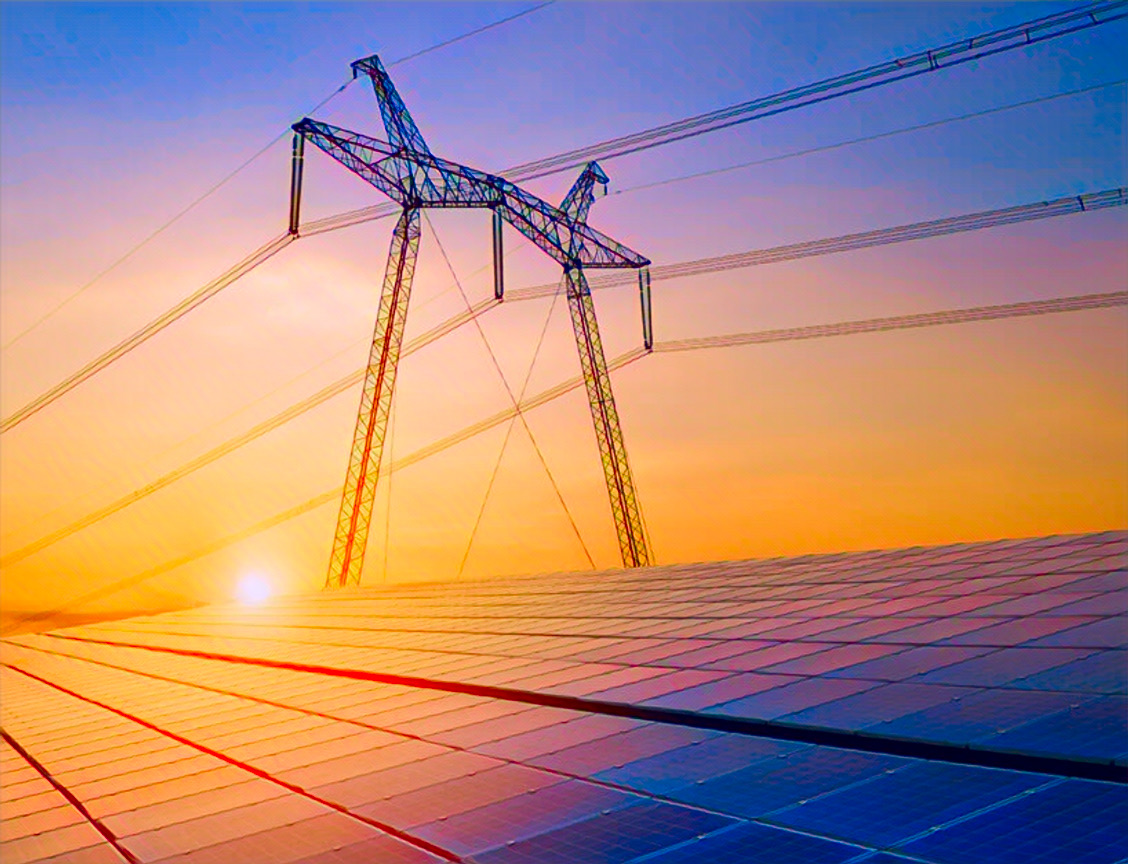KEY POINTS
- Harmonizing diverse regulatory frameworks is essential for a unified African energy market.
- Attracting investments necessitates clear policies and protection mechanisms.
- Integrating renewables requires comprehensive regulatory adjustments.
Africa’s energy transformations proceed due to fast economic growth combined with population growth and urgent requirements for renewable power options.
However, this evolution presents several regulatory challenges that must be addressed to ensure a stable and efficient energy market.
Harmonizing regulatory frameworks
Different energy regulations in Africa’s nations make investment and projects very difficult.
Each nation maintains distinct energy governance that creates barriers between energy markets. The different rules create obstacles that block power projects and financial investments across national borders.
The African Continental Free Trade Area (AfCFTA), established in 2019, aims to eliminate tariffs and harmonize trade laws among member countries, promoting infrastructural development in power, transportation, and telecommunications.
Attracting and securing investments
Africa needs large investments in its energy infrastructure to serve rising power needs and adopt renewable energy technology. Potential investors stay away due to regulatory challenges and risk factor.
Ensuring investment protection through international arbitration and a unified dispute resolution regime, as facilitated by AfCFTA, is anticipated to boost Africa’s GDP significantly and increase foreign direct investment by 111 percent by 2035.
Integrating renewable energy sources
As nations worldwide adopt renewable energy systems, Africa faces growing advantages and difficulties. Africa has many renewable resources available but needs complete new systems to bring them into current power networks.
The International Renewable Energy Agency (IRENA) highlights that the energy transition, when accompanied by appropriate policies, holds huge promise for Africa, predicting higher GDP, increased employment, and improved welfare indices under its 1.5°C Scenario pathway.
Ensuring energy access and affordability
Many Africans do not have dependable electricity service at present.
The challenge for authorities lies in crafting rules that support both grid system enhancement and off-grid technologies at prices people can afford.
The International Energy Agency (IEA) recognizes energy efficiency and solar power as fundamental foundations for Africa’s future power system while emphasizing the need for new infrastructure and power-saving upgrades.
Building institutional capacity
Strong institutions need to exist for making and enforcing energy policies alongside their implementation.
Many African nations struggle because their energy control agencies work with small staff teams who lack experience. Good performance in energy sector transformation depends on fixing these problems.
The book “Energy Regulation in Africa: Dynamics, Challenges, and Opportunities” discusses the political economy governing energy regulation across the continent, providing insights into the complex political and regulatory frameworks and the need for capacity building.
Conclusion
To solve the evolving energy market challenges in Africa, countries need to work together while encouraging both new investments and renewable power.
African countries can create long-term energy success through their efforts at solving these problems.



